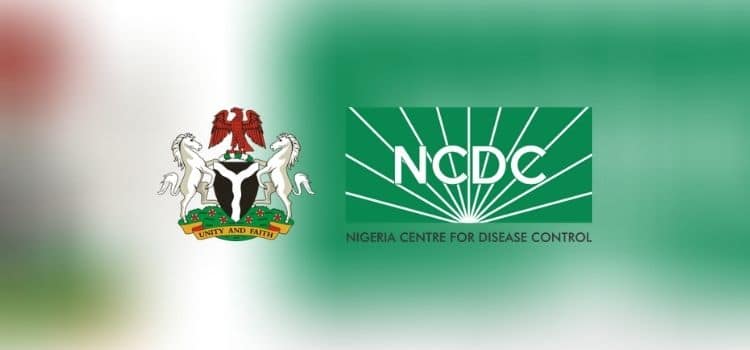By Iyemah David
The Nigeria Centre for Disease Control and Prevention (NCDC) has stressed the need for indepth research to develop evidence-based responses to Lassa fever virus.
The Director-General of NCDC, Dr Ifedayo Adetifa, said this in Abuja at a two-day colloquium and workshop on Lassa fever research in Nigeria.
The NCDC, in collaboration with University College of London (UCL) and the London School of Hygiene and Tropical Medicine (LSHTM) hosted the workshop.
Other partners are Johns Hopkins Programme for International Education in Gynaecology and Obstetrics (JHPIEGO), and other local and international partners.
Dr Adetifa said that the aim of the colloquium was to identify priority areas for research that would enhance understanding of the transmission of Lassa fever, using “One Health” approach.
He said that the One Health approach would identify means of strengthening surveillance and improve forecast.
He added that it would also position the country for vaccine trials and provide the therapeutic development pathway for a five-year Lassa fever research agenda.
The approach would provide a forum for sharing new ideas, research findings, and best practices related to Lassa fever epidemiology, case management, prevention and control, and molecular studies.
He said “the approach will explore how to make data from new quantitative models and data sources maximally useful for on-the-ground decision-makers and how such data products can be optimised for long-term use.
“To identify gaps and Lassa fever research priorities to guide the development of the next Lassa fever research agenda for Nigeria.”
According to him, a colloquium is a multi-disciplinary event that aims to bring together experts using a One Health approach from various fields to share knowledge, experiences and insights on Lassa fever.
He said that the colloquium would cover a wide range of topics, including the epidemiology, molecular biology, clinical manifestations, diagnosis, treatment and prevention of Lassa fever.
He further said it would also cover the social, economic and cultural factors that influenced the spread of the disease.
“The keynote speakers, panellists, and presenters will share insights and interactive sessions, breakout groups and networking activities to enable participants to exchange ideas, ask questions and explore potential collaborations.
“Lassa fever survivors will also share experiences and perspectives. We are particularly grateful to have survivors at this colloquium because their viewpoints are critical to the expected outcomes and will keep us focused on the big picture.”
Prof. Kate Jones, the Director of People and Nature Lab and Centre for Biodiversity and Environment Research (CBER) at UCL, said with the rapid development of socio-ecological knowledge of Lassa fever and new clinical technologies for its control, the workshop was apt.
Jones said the workshop was an opportunity to bring researchers, public health partners and patients to transform responses to Lassa fever in a changing world.
She said the research colloquium built on strides made in Lassa fever International Conference held in 2019 and the continuous work of NCDC, Ministries, Departments and Agencies and partners, in improving the understanding of the virus.
She said that the gathering and sharing of data and knowledge was critical for putting policies in place to prevent, accurately detect and reduce the Lassa fever disease burden in Nigeria and the world.
Lassa fever, currently endemic in Nigeria and other West African countries such as Ghana, Benin Republic, Guinea, Liberia, Mali and Sierra Leone, is a viral haemorrhagic fever that was first identified in Lassa town in Borno in 1969.
It is mainly transmitted to humans by the blood, urine, or excreta of multimammate rats. Human-to-human transmission of the Lassa virus is common among close contacts of confirmed cases such as household members and healthcare workers.
The annual peak of Lassa fever cases in Nigeria is typically observed during dry season (December–May)




